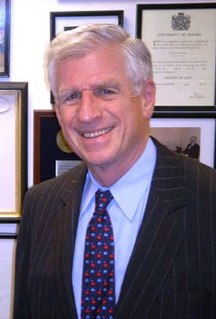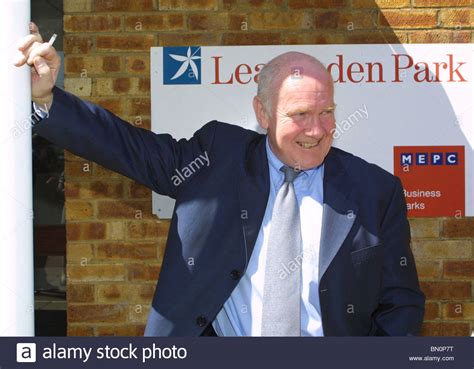A Quote by John C. Danforth
In the Middle East, Iraq, Sudan, the former Yugoslavia and Northern Ireland, and many other places in the world, religion has been so divisive that people have killed one another, believing they were doing the work of God.
Related Quotes
After the allied victory of 1918, at the end of my father's war, the victors divided up the lands of their former enemies. In the space of just seventeen months, they created the borders of Northern Ireland, Yugoslavia and most of the Middle East. And I have spent my entire career — in Belfast and Sarajevo, in Beirut and Baghdad — watching the people within those borders burn.
In Britain, politicians who openly discuss their spirituality are about as welcome as Jehovah' s Witnesses on the doorstep, and the British associate the mixture of politics and religion as a heady cocktail best reserved for the mass irrationality of Northern Ireland, Iran, Kashmir, and the Middle East.
What were once only hopes for the future have now come to pass; it is almost exactly 13 years since the overwhelming majority of people in Ireland and Northern Ireland voted in favour of the agreement signed on Good Friday 1998, paving the way for Northern Ireland to become the exciting and inspirational place that it is today.
Sadly, a U.S. invasion of Iraq 'would threaten the whole stability of the Middle East' - or so Amr Moussa, secretary-general of the Arab League, told the BBC on Tuesday. Amr's talking points are so Sept. 10: It's supposed to destabilize the Middle East. The stability of the Middle East is unique in the non-democratic world and it's the lack of change in Iraq, Iran, Saudi Arabia, Syria, Egypt that's turned them into a fetid swamp of terrorist bottom-feeders.
I believe that the Iraqis have an opportunity now, without Saddam Hussein there, to build the first multiconfessional Arab democracy in the Middle East. And that will make for a different kind of Middle East. And these things take time. History has a long arc, not a short one. And there are going to be ups and downs, and it is going to take patience by the United States and by Iraq's neighbors to help the Iraqis to do that. But if they succeed, it'll transform the Middle East, and that's worth doing.
You look at the Koran or the Bible, they all tell the same stories. You see them as the stories of the Middle East. The stories reflect who these people were in the Middle East, and this is where Western culture came from. All our literature is basically influenced by these great myths. So I'm fascinated by it. You could almost say I'm obsessed with it. But if you're asking about the effect of religion on my life - almost everything I do is opposed to the practice of religion.


































